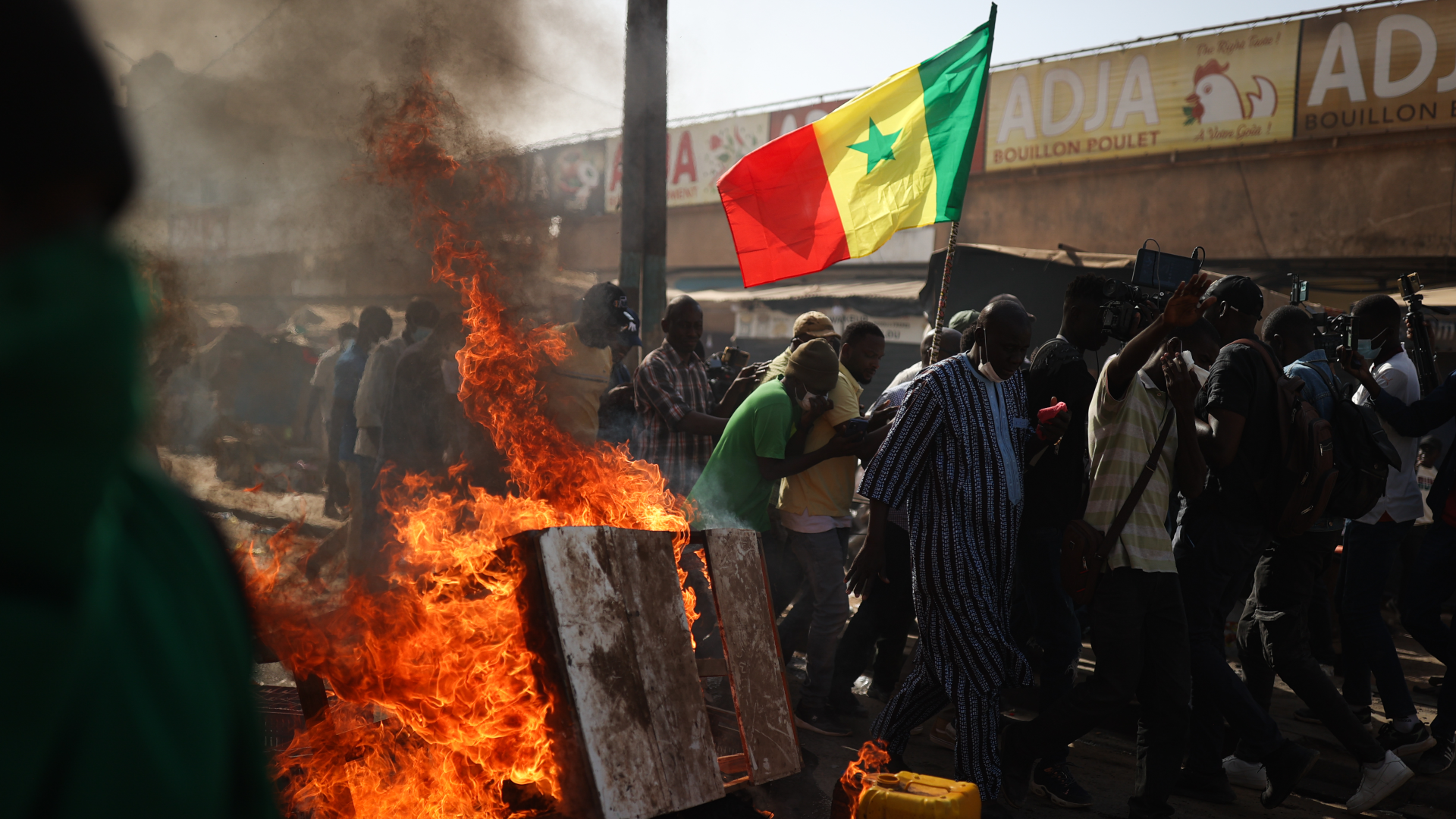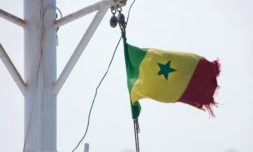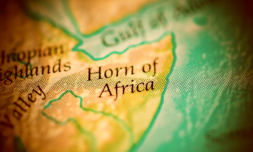Senegal is in a political crisis as the eagerly awaited presidential election faces yet more unexpected delays, causing widespread protests and raising doubts about the nation’s democratic strength.
The presidential election, initially scheduled for this month February 25, was unexpectedly postponed due to unforeseen circumstances, leaving the nation in a state of uncertainty.
The decision made by President Macky Sall, has been met with skepticism and concern, as many believe it could have far-reaching consequences for Senegal’s democratic principles.
Senegal has long been considered a beacon of democracy in West Africa, with a history of peaceful transitions of power. The postponement of the presidential election threatens to undermine this reputation, raising doubts about the government’s commitment to the democratic process.
Opposition figures and various political organizations argue that the delay erodes public trust and is a blatant attempt to manipulate the electoral process and cling to power.
After Sall’s announcement, the National Assembly revealed a new date of December 15 for the elections to be held. In parliament, opposition leaders were forcefully ejected from the building as it turned chaotic and various parties have claimed Sall’s postponement of elections is a strategy for his stay in office.
The government’s response to continued protesting, meanwhile, has been met with criticism from human rights organizations, citing instances of police brutality and suppression of free speech. As tensions escalate, the situation remains volatile, with the acting party facing increasing pressure both domestically and internationally.




















